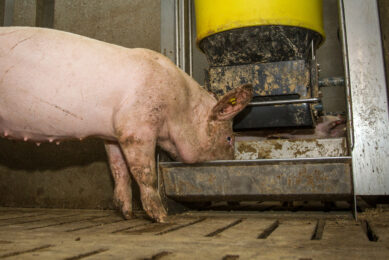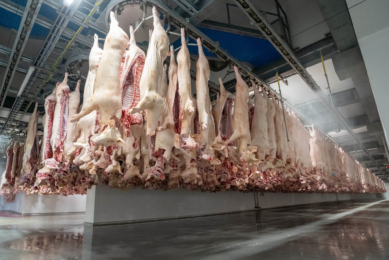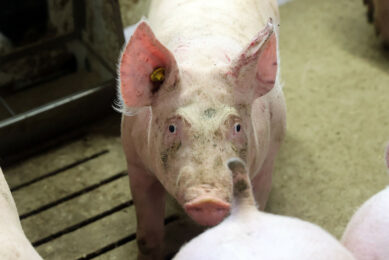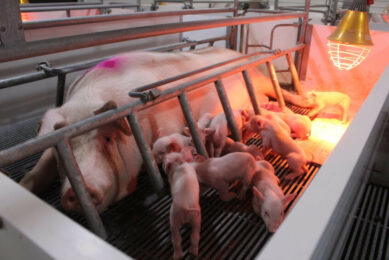Russia experiences shortage of sausage casings
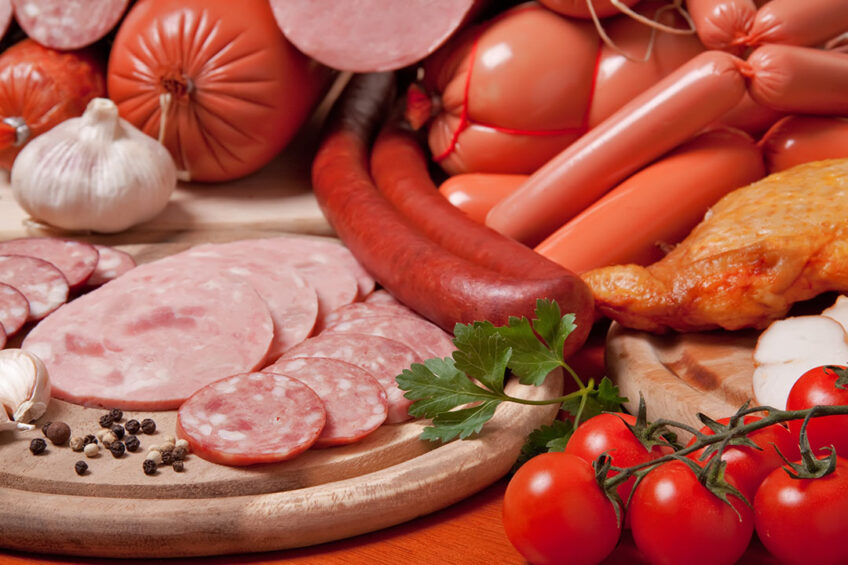
Russian newspaper Izvestia cites several sources in the meat processing industry claiming a sharp deficit of sausages casings and frankfurters in the country due to Western sanctions. The Russian National union of meat processors dismissed this report as misleading.
Russia produces roughly 2.55 million tonnes of various sausages per year. Russians consume nearly 26% of their meat in the form of sausages, a Gfk marketing study showed. Russian meat processors purchase an estimated 1 million tonnes of pork per year, though the concrete figures are unknown.
Impact of sanctions
In previous years, Russia imported sausage casings from 7 European factories. Since the sanctions were introduced, only French company Visrex continues to sell casings to Russian customers, according to Izvestia.
Delivery time of sausage casings in Russia
Currently, the delivery time of sausage casings nears 10 months, and all contracts are concluded under the condition of full advanced payments. Suppliers are coming from China and, to a degree, from Europe, through parallel import. The Russian government approved this scheme in May 2022 allowing importing of Western goods without permission of the brand’s owner.
Stocking up
Russian meat processors must stock up on sausage casing for a year ahead. As a result, the industry saw a 25% to 75% rise in costs in this segment compared to the beginning of 2022.
The problem primarily concerns the fibrous casings, which Russia does not produce. Nearly 90% of cervelat and raw smoked sausages contain these casings, the union of meat processors estimated. Russian meat processors also experience difficulty purchasing spices and spare parts for Western equipment.
An alternative view
The union of meat processors, however, described the Izvestia report as misleading, adding that the information that Russia experiences a shortage of polyamide sausage casings was untrue. On its website, the union also criticised the claim that the quality of sausage casings of Russian origin “has not reached the required level,” emphasising that the quality of Russian products meets all the industry standards, including in terms of quality.
On the other hand, the business union admitted that there is a shortage of imported fibrous casing and attempts to replace it with other types of casing do not yet give the desired effect.
Support for manufacturers of sausage casings
To overcome the difficulties, the union of meat processors asked the authorities to expand state aid to the Russian meat processing industry and approve target support measures for the Russian manufacturers of sausage casings.



